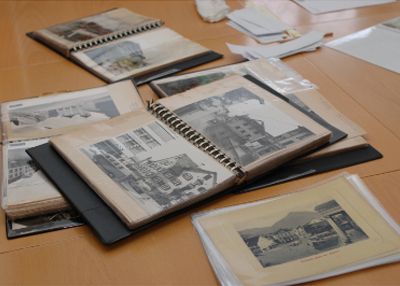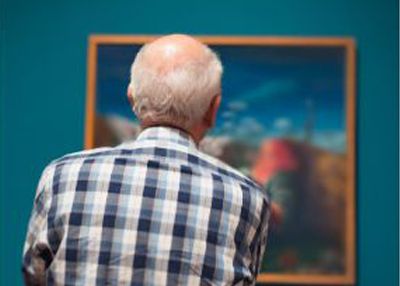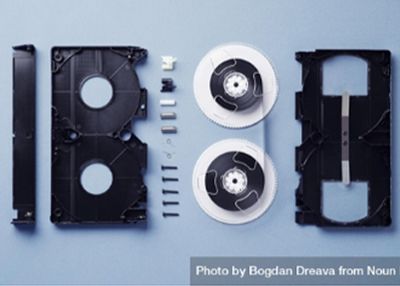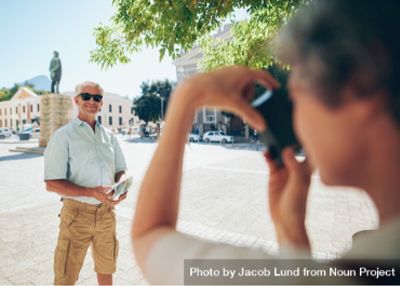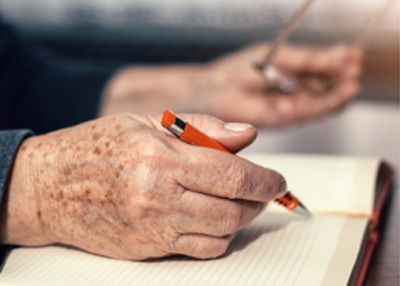-
Museums are becoming places of entertainment and education, places to relax. Visitors are looking for new excitement, but also discoveries. Museum staff are designing new programmes that suit different groups of visitors in order to achieve a rich user experience.Read More
-
Photos can trigger really valuable conversations that give the sense of the person, rather than the PwD. Helping the person relating to a time when he/she felt particularly happy or proud by using photos connecting with that period, can help recover a sense of identity and purpose and ultimately to improve the wellbeing of the person. Being able to engage PwD in a meaningful exchange can also make them feel more competent and empowered.Read More
-
The GLAM sector can play an important role in supporting programs aimed at stimulating memories and engagement of PwDs and their carers, providing sources for reminiscence-based as well as other psychosocial intervention methods. The objects we encounter exhibited in museums or archives can evoke life memories. However, we must also leave enough space for other topics or open questions that are not always aimed at recalling but also at provoking reactions that arouse feelings and the desire t...Read More
-
Newspaper clippings, letters, postcards, greeting cards, sketches, certificates might help PwD reminding them of who they were, where they've been and what they have done and they can be helpful to run reminiscence based sessions.Read More
-
The importance of heritage sites increases as we get older, as a place to relax, recover and engage with the environment around us. In comparison to other visitor attractions, PwD also view heritage sites as ‘safe’ and familiar spaces. Research highlights PwD enjoy visiting heritage sites and this also includes taking photos and filming at heritage sites. In addition We know the power recorded sound has to transport listeners to specific time and place. The popularity of YouTube has made…Read More
-
PwD have a special relationship with their built environment. Even if their perception of time and space has changed, they live in a world where relationships, objects and situations matter. PwD may not be able to speak about the meaning environments have, but a sense of meaning and importance remains in their lives. Enabling those living with dementia to continue to enjoy and take part in arts appreciation and activity offers back a quality of life, as well as providing…Read More
-
Loss of memory and non-recognition of family members such as children or grandchildren is just as difficult for PwD as it is for family members. For this reason, it is equally important to work with carers - family members and PwD together. Experts talk about the importance of caregivers creating a "new" relationship with a family member suffering from dementia, because in most cases, ties from the past are lost, which creates a great challenge for all members. The answer to…Read More
This platform reflects the views of the authors; the Commission cannot be held responsible for any use which might be made of the information contained herein.

 English
English  Polski
Polski  Deutsch
Deutsch  Hrvatski
Hrvatski  Italiano
Italiano  Ελληνικά
Ελληνικά  Svenska
Svenska 
